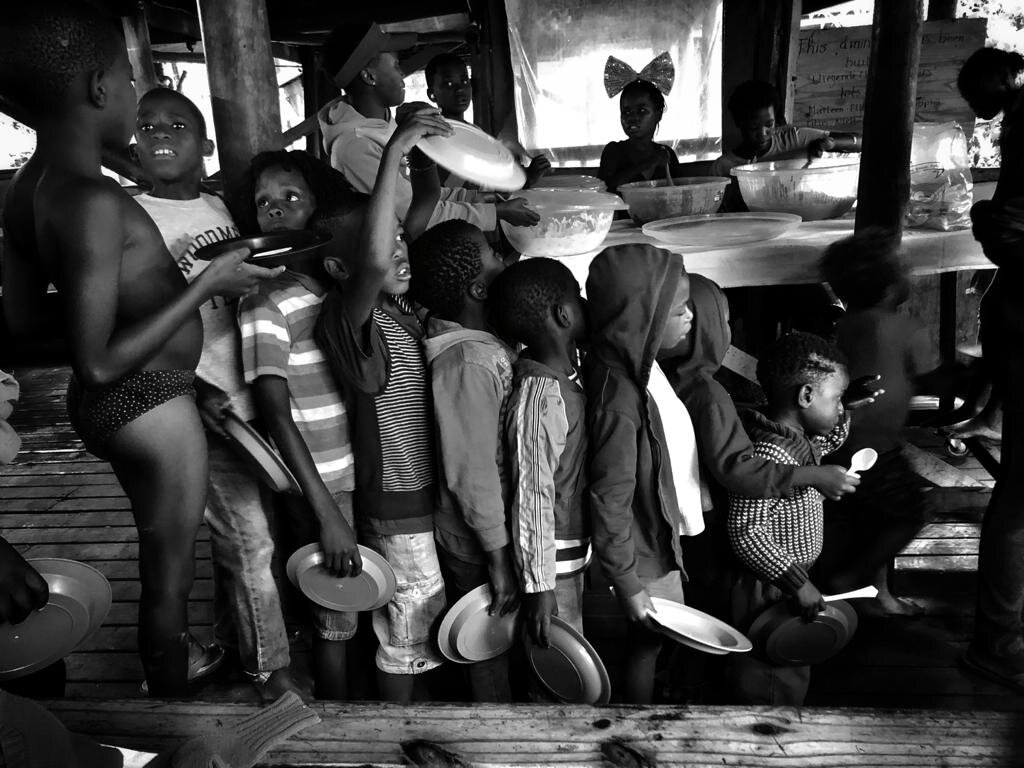
What We Do
We strive to make a sustainable difference in South Africa’s great need - at the local level
The BCDT village work includes the social, mental, and physical needs of the villagers. However, most of BCDT’s daily activities focus on the children and youth locked into economic destitution. We provide experiences and opportunities for these young people they could not otherwise have.
We Nurture: Botshibelo is a village home. The children here are given not only shelter and food, but love, support, and hope.
Here's some of the services we provide to improve lives here at Botshibelo
-

Counseling and guidance
Learn about our focus on mental health and guidance for those who have suffered, or are suffering, trauma
-

Schooling and Education
Learn about our school, and our focus on keeping kids enrolled and engaged.
-

Foster Care
Learn about our foster care services, enabling a safe space for children to grow up, and support for families.
-

Nutrition
Learn about the nutrition program we provide for the children and families in our community who are food insecure
-

Housing
Learn about temporary and permanent housing support we provide.
-

Childhood Experiences
We provide outings and experiences for children locked in crippling poverty
-

Since its inception in 1990, Botshibelo Community Development Trust (BCDT)’s goal has remained consistent – to provide a place of safety and opportunity for poor and destitute citizens.
Botshibelo village is a holistic entity. Some of the residents are the working poor. Others have little or no source of reliable income. The needs of this diverse group encompass their physical accommodation, living space, nutrition, education, and the mental and social health aspects of their situation. Much of BCDT’s daily activity focuses on the children and youth who are locked into this economic destitution.
We Nurture and Counsel
Much of our management team’s most important work is invisible; our care for the mental and social health aspects of our residents. Many of our management team have themselves suffered trauma in their own young lives.
Our community suffers from many social problems, including substance abuse, violence (particularly Gender Based Violence (GBV)), poverty, teen pregnancy, and lack of education. Much of this is the result of previous apartheid government policies, ongoing poverty and limited prospects.
We are the “Go-To” 24-hour source of assistance for life coaching, counselling, and employment training and assistance. We educate and prevent GBV and human trafficking, and assist its victims.
We Educate - BCDT CAMPUS
Our village school educates about 220 children from Grade R (Kindergarten) to the ninth grade. Thereafter, some students go on to study at other schools, while others find jobs.
We regard education as critical to improving the lives of the Botshibelo children. We strive to keep children attending school and remaining engaged. A caring community can give young people the support and motivation to stay in education and get the most out of it. BCDT specializes in special education for developmentally challenged learners, due to high numbers of children suffering fetal alcohol syndrome [FAS]. as well as learning challenges faced by children on HIV/AIDS anti-retrovirals (“ARV’s”),
The Magaliesberg Group of Schools is registered with the National Educational Department as a non-profit organization (NPO), (18A status), classified as a ‘category A’ school, that is, providing for the ‘poorest of the poor’. The government provides a per-child subsidy, which pays for teachers salaries and basic teaching supplies.
Foster family residences
In the 1990’s, the scourge of AIDS left many AIDS orphans in its wake. Initially, we created and ran a communal-living orphanage. Subsequently, we have moved to a nuclear-family based foster care system. Family members live in village homes, with appropriate assistance of BCDT management. Our management team follows up and assists families where necessary, and coordinates with government child protection agencies. BCDT supplement materially and physically in order for the foster family to remain focused on rearing well balanced future citizens.
Additionally, impoverished families with school-age children in nearby informal settlements who reach out to BCDT are provided temporary homes in the village. They live with family members and receive material assistance. BCDT supplements food, and provides emotional support, transport, safety, education, finances, health, and universal support upon request. This foundation for the school children is intended to maintain motivation to continue schooling and avoid gang activity, prostitution, teenage pregnancy or marriage, and drugs.
We Nourish Bodies
BCDT SOUP KITCHEN
Due to chronic under-employment or unemployment, many village residents face hunger and food insecurity. Covid-19 has worsened this problem.
We run a community soup kitchen, staffed by the management team and local residents. We provide four meals a day at no cost. As of 2021 we provide about 1,700 breakfasts and suppers, and 6,000 lunches and teatimes per month.
We Provide Temporary and Permanent Housing
Physically, there are now 165 households at BCDT. We permit the homeless to live in the village, rent free, in informal wood, brick or tin shacks they build or purchase, until suitable work or accommodation becomes available elsewhere. Residents may include seniors, youth or adults, evicted workers, ex-convicts, those awaiting government assistance. They consist of:
Destitute homeless people: Single parents, elderly, displaced workers, ex-convicts
Children who grew up in foster care at BCDT
School campus housing: Children attending school at BCDT can send a family member to live with their children, with full support from BCDT.
Nearby businesses and farmers use the village as a labour hub, and children attend the school.
Houses or shacks are very basic one or two room structures; most lack electricity or running water. A small portion of the property has electricity and solar panels. There is both potable water (from a borehole) and municipal water available in the village.
BCDT works in close cooperation with appropriate governmental structures where appropriate.
We Provide Outings and Experiences for the Children
Supportive village = better educational outcomes and brighter futures
Children do better when they are happy, have a sense of belonging and have a range of positive influences they engage with in their lives outside of school. It really does take a village.
We create community events and outings for the children - visits to Big Game parks to see the amazing African wildlife, annual camping trips at the ocean, movie trips, Easter egg hunts. Wherever possible, we incorporate learning into the activities. But always - we aim to create happy memories for children growing up under grim circumstances.
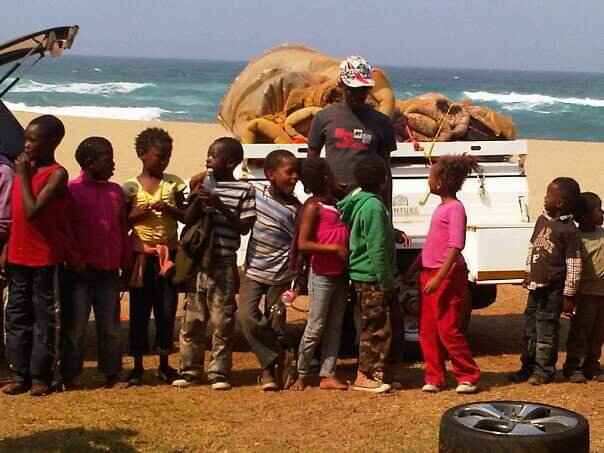
Annual camping trip to the ocean
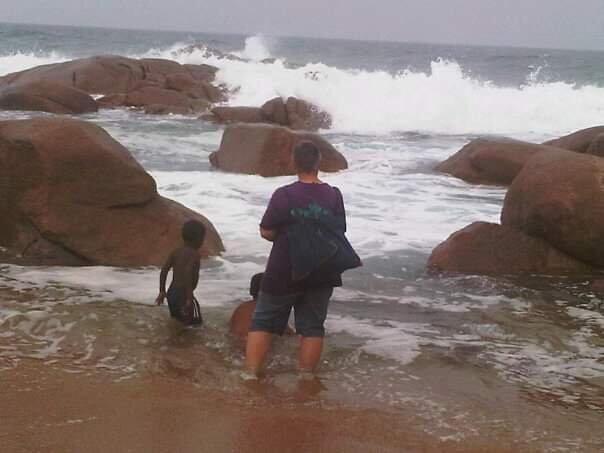
Seeing the ocean for the first time!
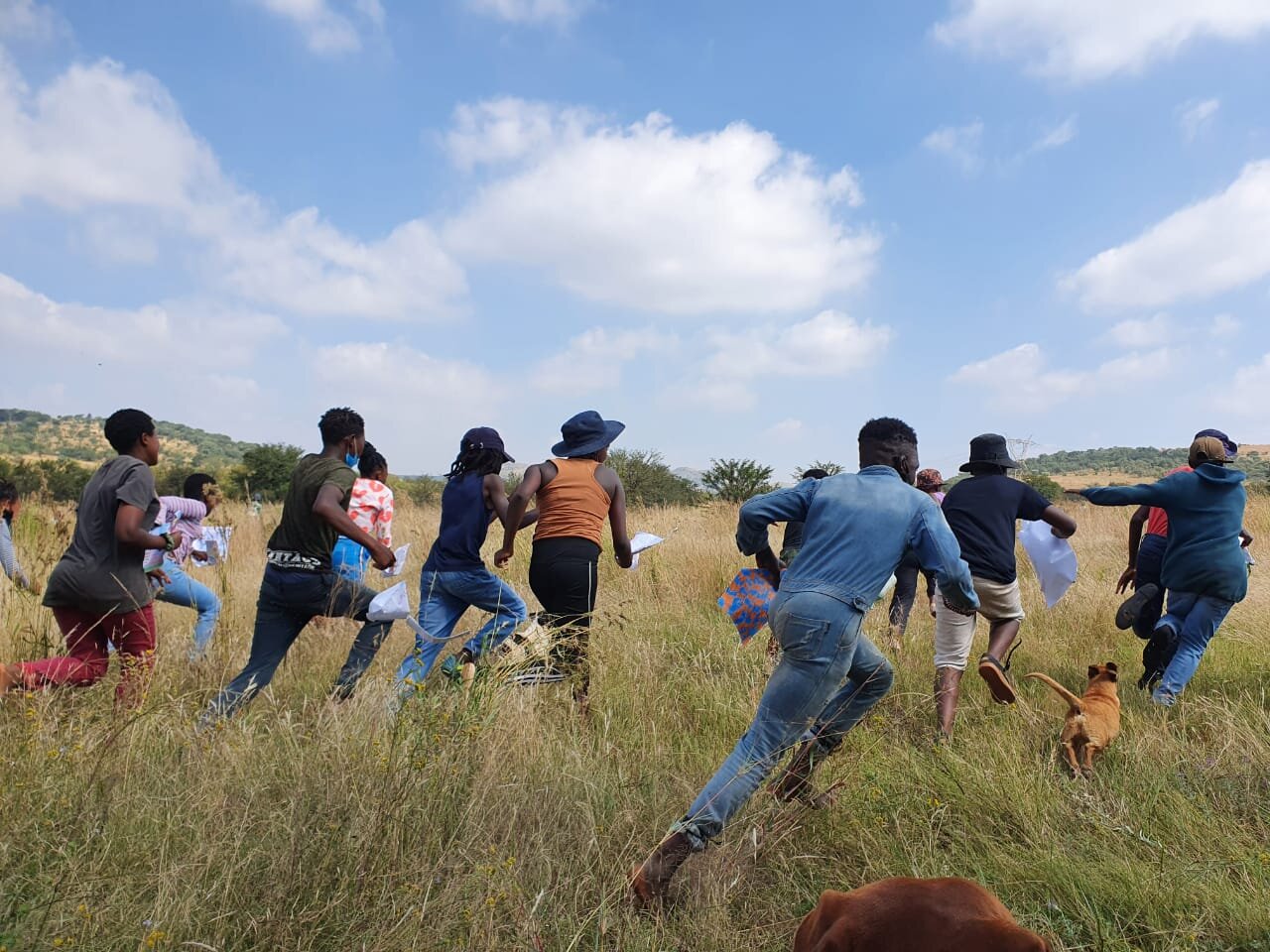
Ready - Set - Go!
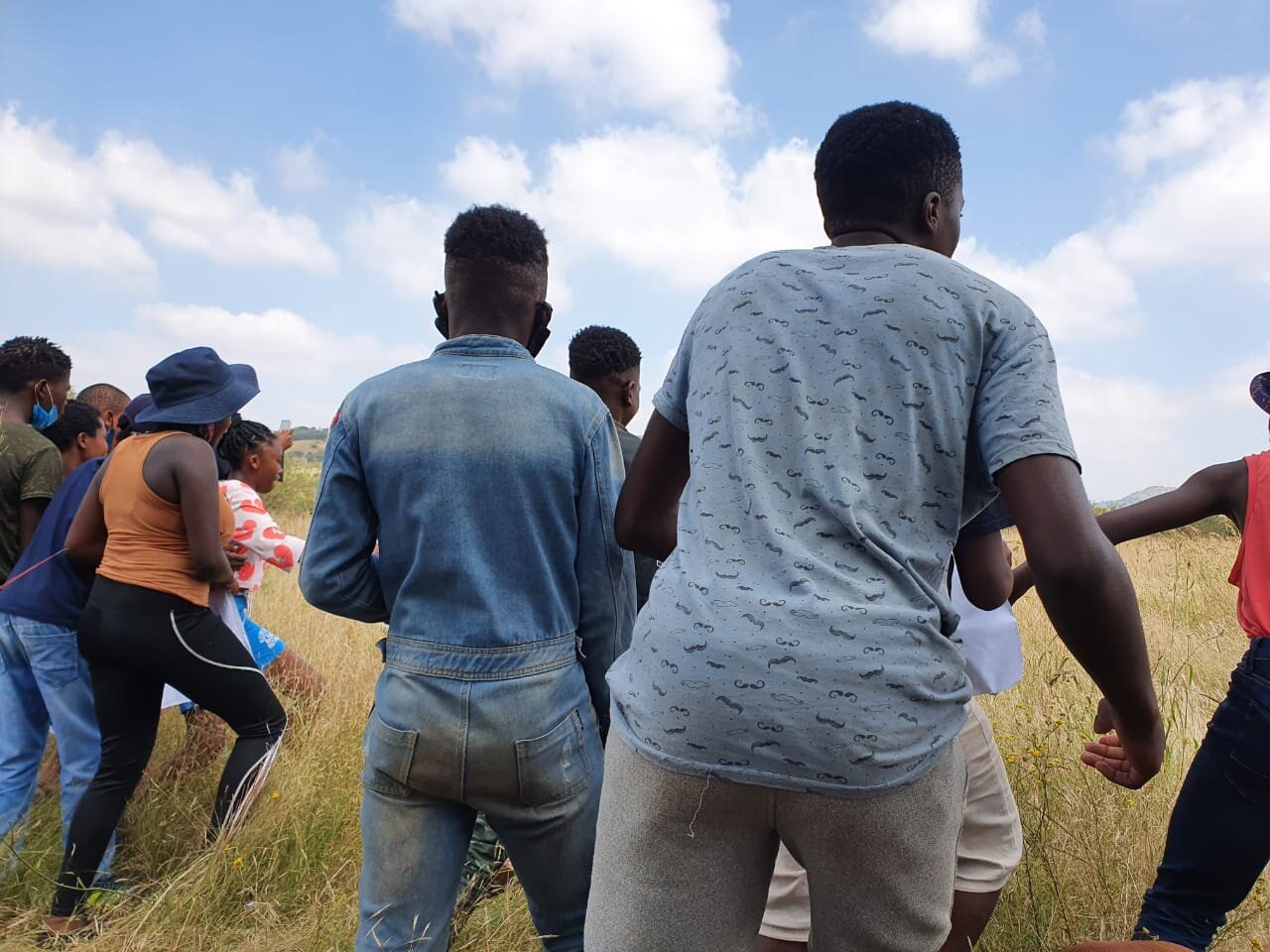
Community Easter Egg Hunt - fun for kids of all ages!
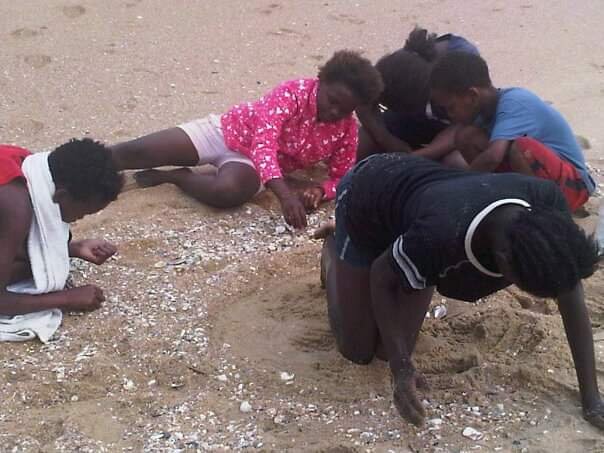
Test description
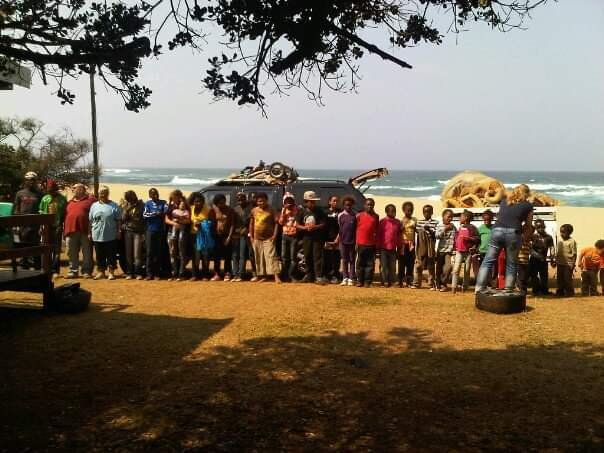

Game Park trips allow the children to experience exotic African animals
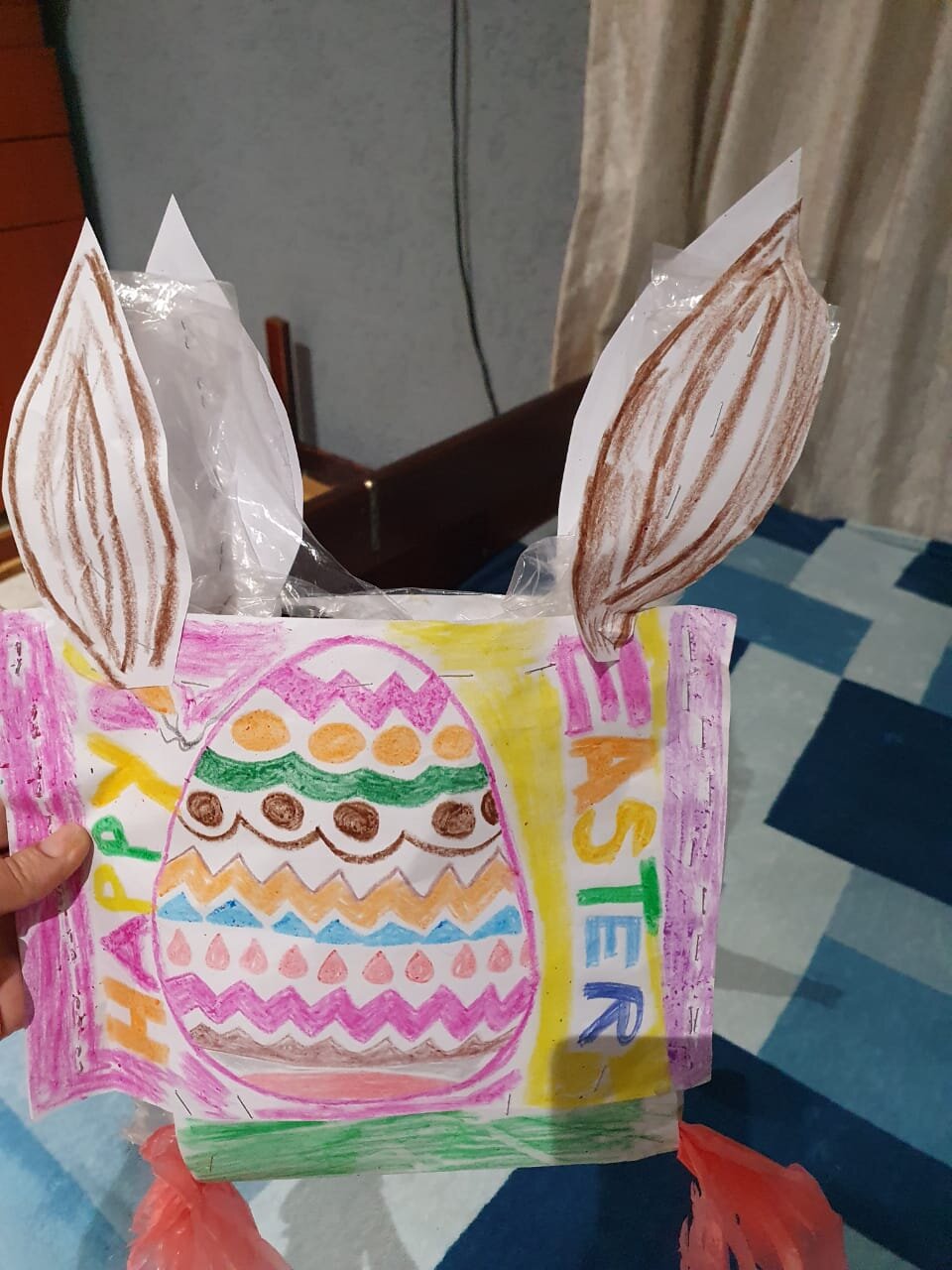
Art projects bring out the children's creative side
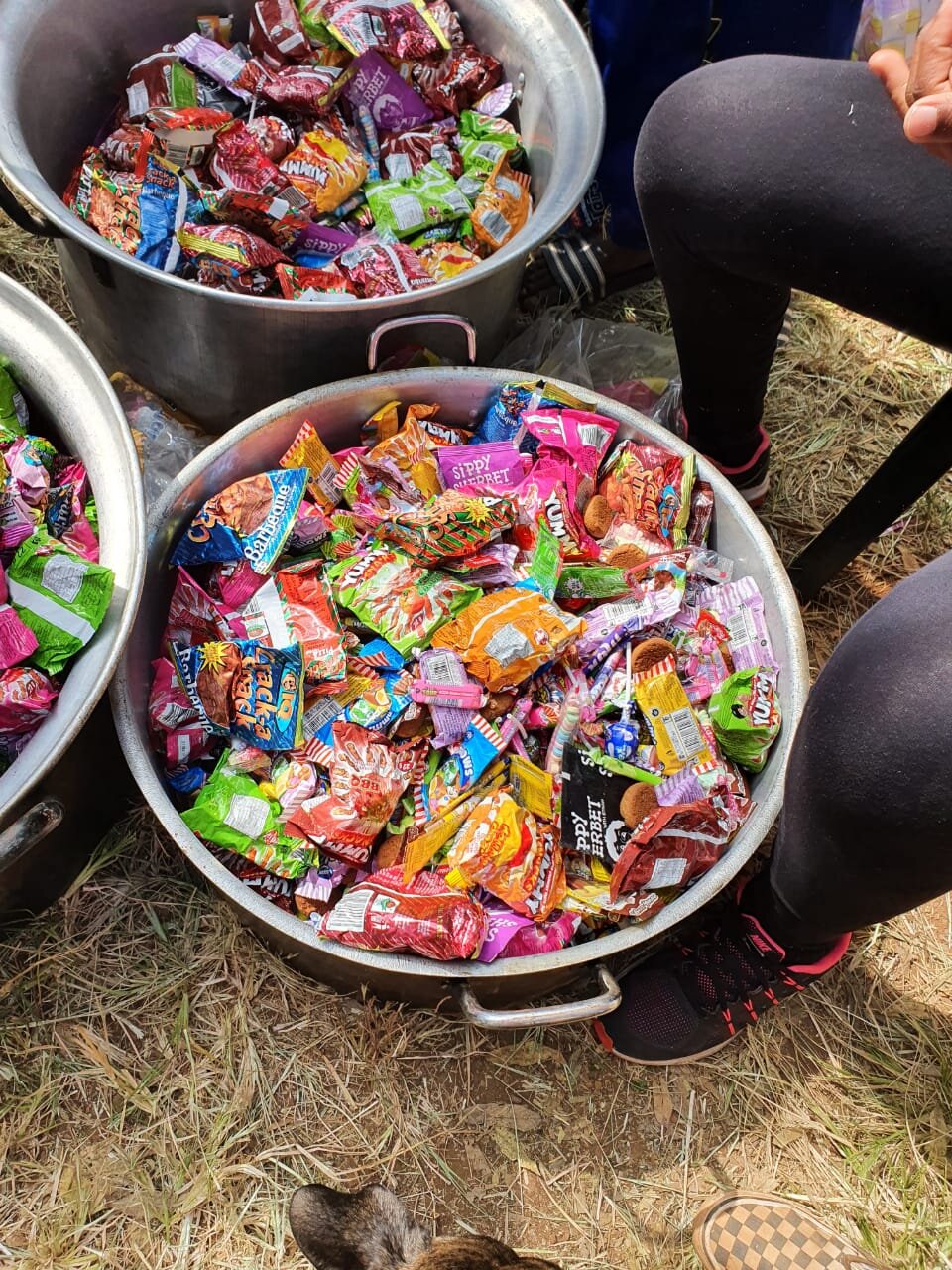
Easter candy treats never go astray!
We support sustainable onsite enterprises
We have several chicken houses, a government assisted project to provide employment. A vegetable project for household consumption and cash crops and chickens for eggs and meat and small shops.
-
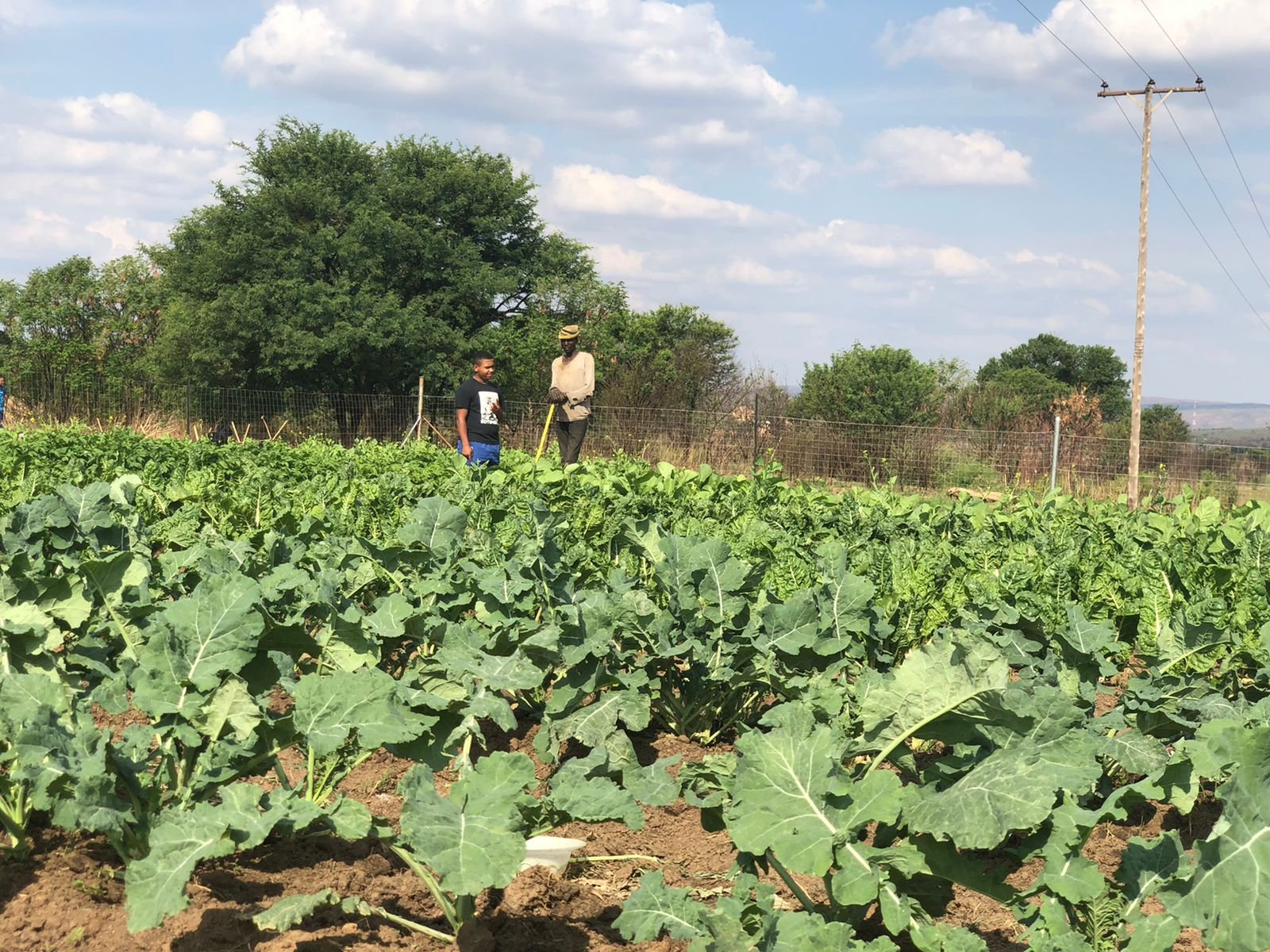
Vegetable garden
A vegetable garden is run for local consumption, as well as for cash crops
-

Hydroponic gardening
We grow vegetables hydroponically in a climate controlled area for food and income
-

Chick hatchery
We hatch and raise chickens for food and income
-

Mushroom farming
We have a mushroom growing area staffed by village residents. Mushrooms are used locally or sold for income
-
Fruit orchard
We have a fruit orchard of approximately 125 fruit trees.
We provide village amenities and services
-

Village Community Center
A large old farmhouse building has been converted into a village community centre, where youth and children can meet at night or weekends. It has a TV room, dancing and other activities area, and a laundromat. It is used for extra school lessons and electricity free Wi-Fi for homework.
-

Swimming pool
A small swimming pool is available for the youth and children
-

Other necessary services
Areas for camping tents, and a cemetery.
-
Abritration court
BCDT’s arbitration court is relied upon to resolve disputes outside of the police and judiciary courts.
We resolve disputes relating to family, debts, racism, physical altercations, theft, and animal deaths.
-

Village transport
Our (aging) bus provides necessary village transport for hospitals and clinics, school needs, shopping, official and social trips, and a funeral hearse.
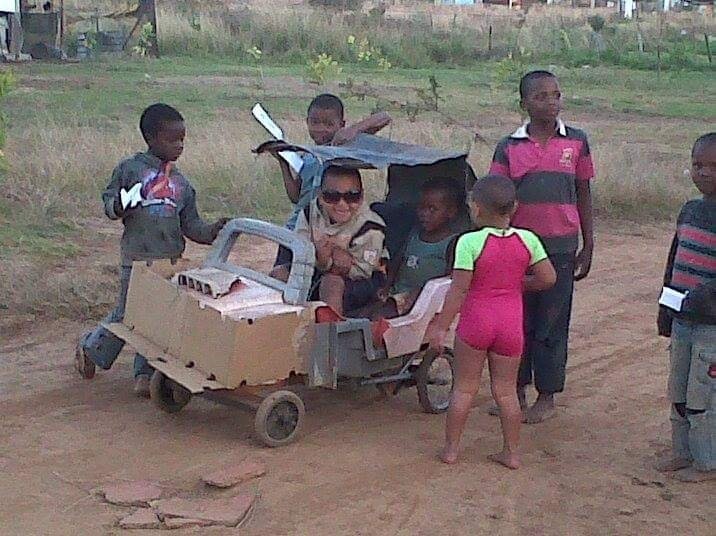
We provide Medical care
Our small medical clinic provides basic medical care for all Botshibelo residents and is where we monitor our AIDS patients to make sure they take their antiretroviral medications. The clinic has simple equipment, mostly for coordinating and administering first aid and early response. BCDT provides assistance up until an ambulance arrives or we have used BCDT transport to deliver the patient to hospital. the BCDT team have delivered 56 babies.
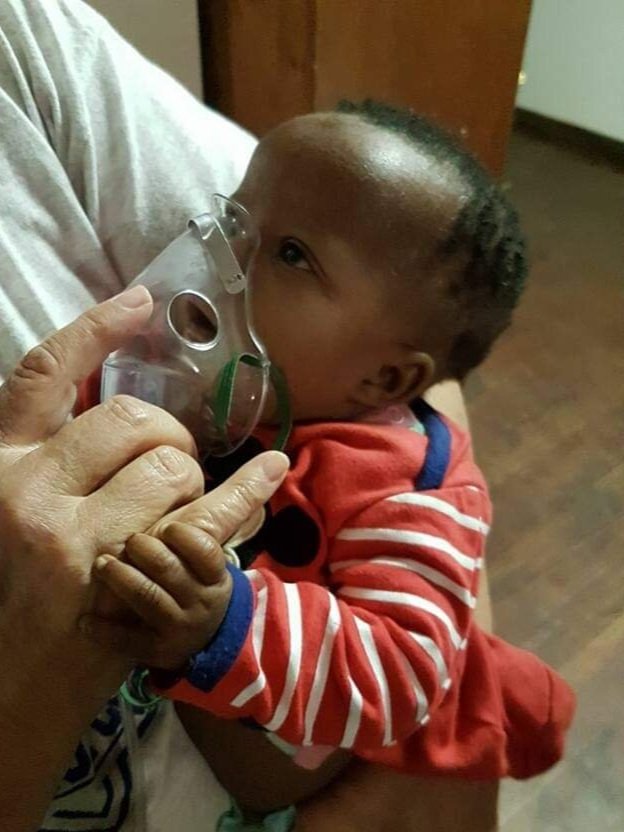
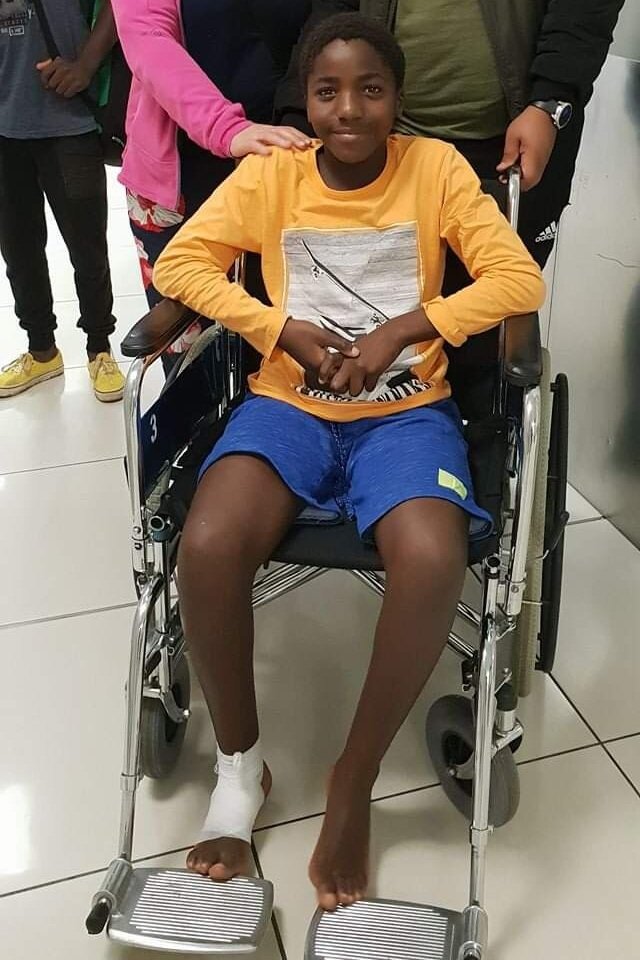
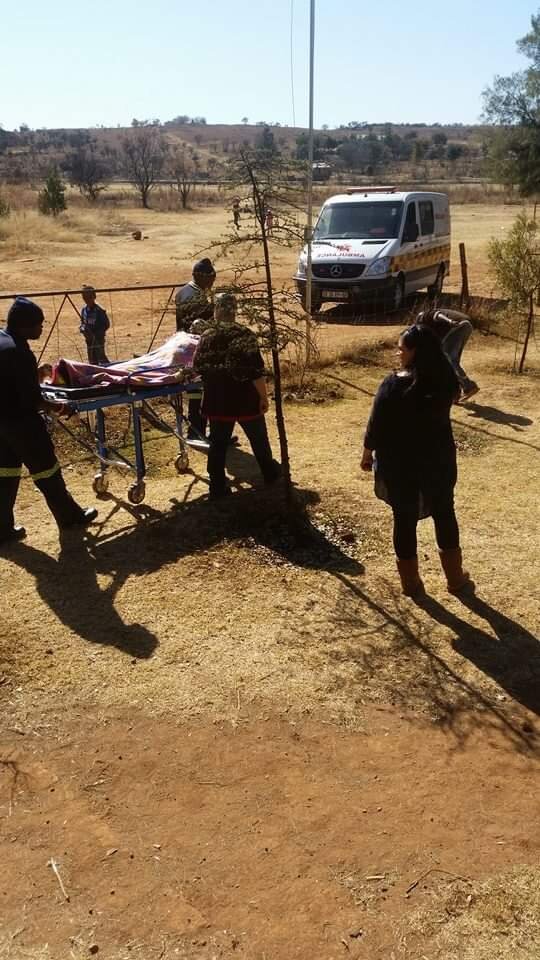
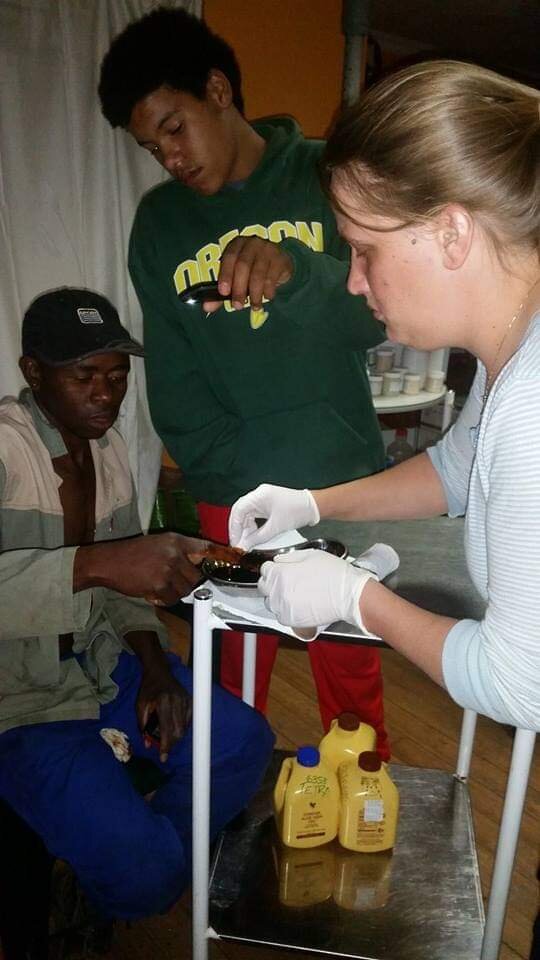
New shoes for the children
We provide basic needs
We keep shoes on children’s feet. tummies full in village homes.
A shopping excursion for the children






